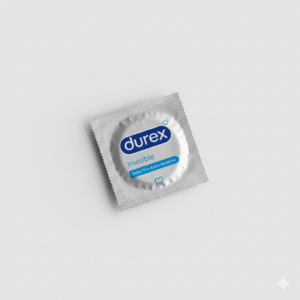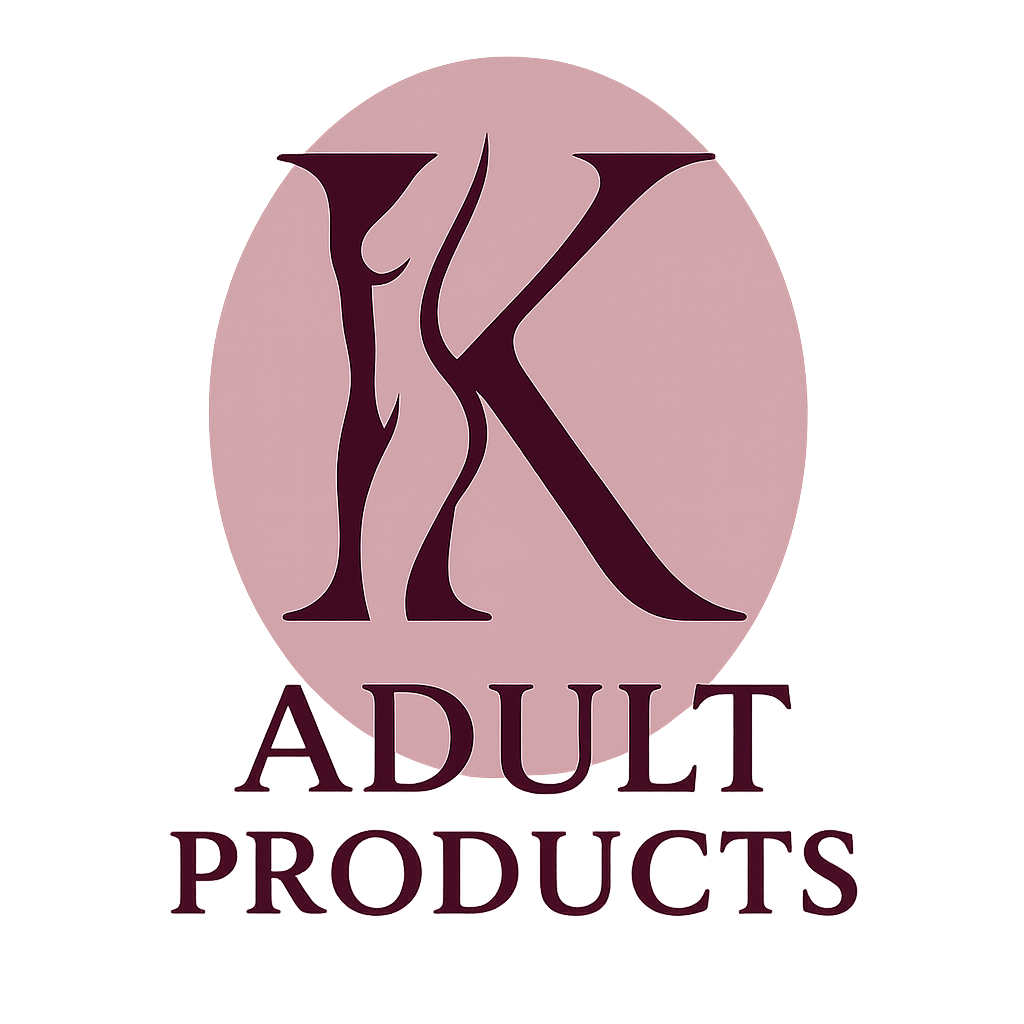How to Advertise Intimate Care Products on Facebook Without Getting Banned?
July 24, 2025 by
ellenyi@adultstoysgd.com
Business BeginnersKeypoint about advertise intimate care product on facebook without getting banded, please kindly read full article, Thanks!!!!
Like this video? Welcome to subscribe to my YouTube channel.
🚨 The Problem:
Facebook’s strict advertising policies make it nearly impossible for adult product brands to promote their items directly.
🔥 The Agitation:
Accounts get suspended, ads are rejected, and businesses lose revenue due to vague guidelines and misunderstood product intent.
💡 The Solution:
By rebranding products as "intimate wellness tools," focusing on health education, and using Facebook-compliant creative strategies, you can safely drive traffic to your site.
Here’s how to do it.
✨ Featured Snippet Answer
To advertise intimate care products on Facebook:
✔ Redefine products as "wellness tools" (e.g., pelvic floor trainers, stress-relief massagers).
✔ Avoid explicit imagery—use pastel colors, abstract designs, and educational content.
✔ Replace banned terms like "sex" with "intimate wellness" or "self-care."
✔ Focus on problem-solving (stress relief, pelvic health) to align with Facebook’s policies.
❓ Why risk account bans or ad rejections when you can adapt?
Below, we break down actionable strategies to market intimate care products on Facebook while staying compliant and effective.
📌 1. Redefining Your Products for Facebook’s Guidelines
🔹 A. Aesthetic Rebranding: From Explicit to Everyday
- 🎨 Design: Replace anatomical shapes with abstract, cute, or minimalist styles.
(Example: Vibrators resembling skincare devices with floral patterns.) - 🖼️ Contextual Imagery: Show products beside plants, books, or candles to normalize them.
- 📌 Example: Market a silicone dilator as a “pelvic floor trainer” with yoga mat imagery.
🔹 B. Educational Content Strategy
- Partner with sex educators or physiotherapists for expert-backed posts.
- Use health-focused phrasing:
✅ “Experts recommend pelvic exercises for postpartum recovery.”
❌ “Buy our dilator.” - 🔍 Keywords: Pelvic floor health, stress relief, intimacy wellness, self-care routines.
🚫 2. Facebook’s Banned Words & Phrases (Avoid These!)
Facebook’s AI scans for policy violations. Never use these terms:
❌ Explicit Terms:
- Sex, orgasm, masturbation, dildo, vibrator, BDSM, fetish, erection.
❌ Suggestive Language:
- Arouse, pleasure, seduce, sensual, bedroom, naked.
❌ Medical Terms (without context):
- Vagina, penis, clitoris.
🔄 Safe Replacements:
- “Vibrator” → “Massager” or “Muscle Relaxer”
- “Sex toy” → “Intimate wellness tool”
- “BDSM” → “Sensory exploration kit”
- “Pelvic dilator” → “Pelvic floor trainer”
📢 3. Compliant Ad Copy & Visual Guidelines
🔹 A. Text & Captions
- ✅ Approved Title:
“Relieve Daily Stress with Our Rechargeable Massager” - ✅ Approved Body:
“Designed for muscle relaxation and stress relief. Compact, discreet, and FDA-cleared for safety.” - ❌ Rejected Body:
“Experience intense pleasure with our powerful vibrator.”
🔹 B. Images & Videos
✔ ✅ Approved:
- Product in a bathroom tray beside skincare products.
- Silhouettes of people practicing yoga (“Prioritize pelvic health.”).
✖ ❌ Rejected:
- Models in suggestive poses or revealing clothing.
- Close-ups resembling body parts.
🔹 C. Targeting Tips
- Exclude audiences under 18.
- Use interests like “wellness,” “physical therapy,” or “self-care.”
📋 4. Sample Facebook Post Templates
📖 Post 1 (Educational):
🌿 "Did You Know?
1 in 3 women experience pelvic floor issues postpartum. Our silicone trainers help strengthen muscles safely. Tap to learn exercises from certified physiotherapists!"
(Image: Neutral-colored dilator beside a yoga mat.)
🛍️ Post 2 (Product Highlight):
💆 “Meet Your New Stress Relief Buddy!
This USB-C rechargeable massager fits in your palm—perfect for neck tension or post-workout recovery. 100% waterproof & whisper-quiet.”
(Image: Pastel pink product on a desk with a laptop.)
🎯 Conclusion
To succeed on Facebook:
✔ Frame products as health tools.
✔ Use abstract visuals & education-focused content.
✔ Avoid banned terms & target wisely.
Latest Articles

February 18, 2026
Why Do The Olympics Distribute Hundreds of Thousands of Condoms?
Is the Olympic Village just a global sporting event, or is it the world’s most exclusive party? Imagine 450,000 condoms.

February 17, 2026
Condom Breakage Nightmares: Why Do They Pop and How Can Premium Stock Save Your Brand Reputation?
Imagine this: Your customer is in the heat of the moment based on trust in the product you sold them.

February 16, 2026
Why is she "so dry"? The $600 Billion Missed Opportunity in Female Intimate Wellness?
Problem: It is the number one complaint in the bedroom, yet the most ignored category on your retail shelves. "Why

February 13, 2026
Is Having Sex During Your Period Actually Dangerous?
It’s that time of the month again. You’re feeling a mix of emotions, and maybe, just maybe, your libido is


